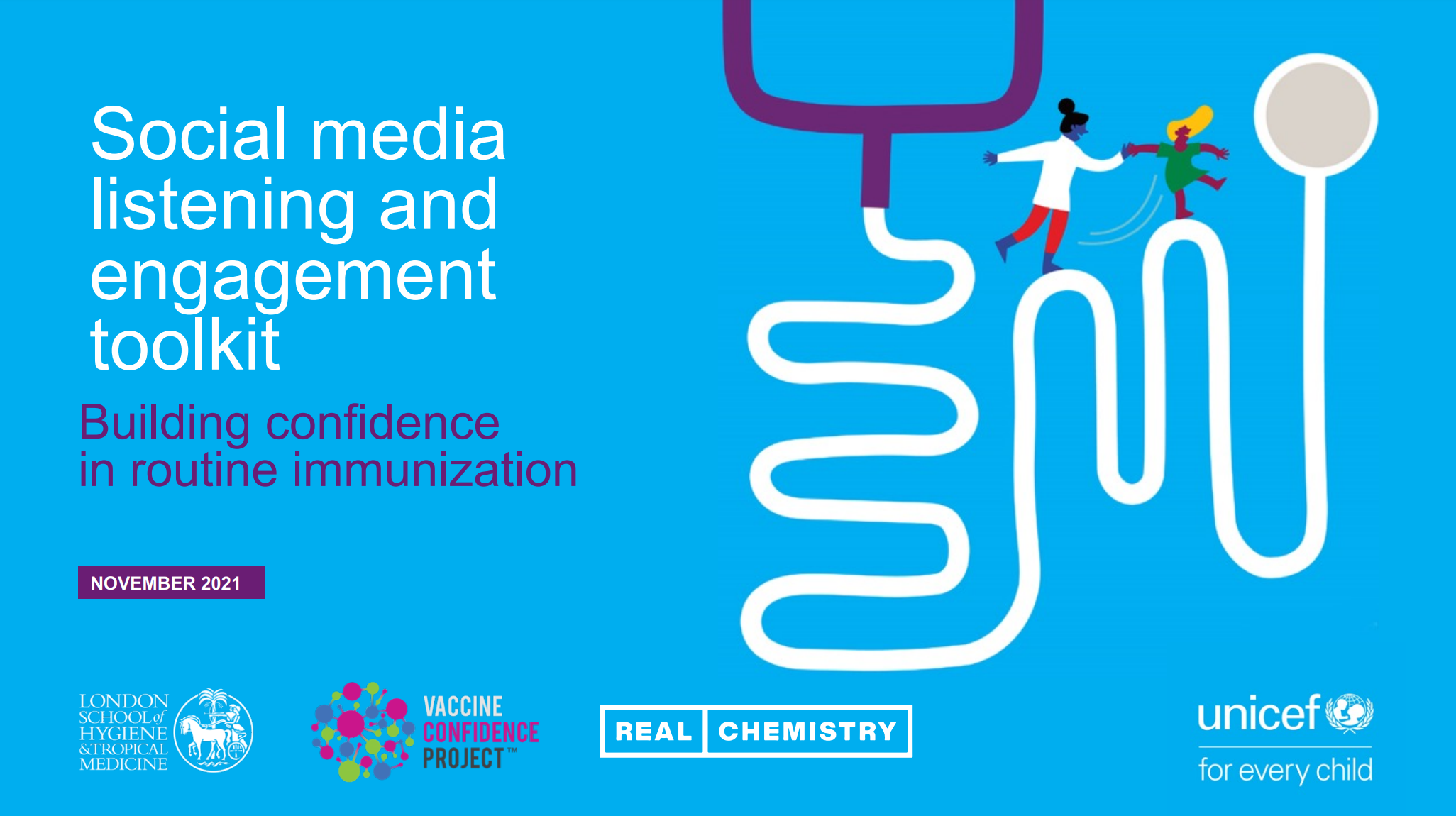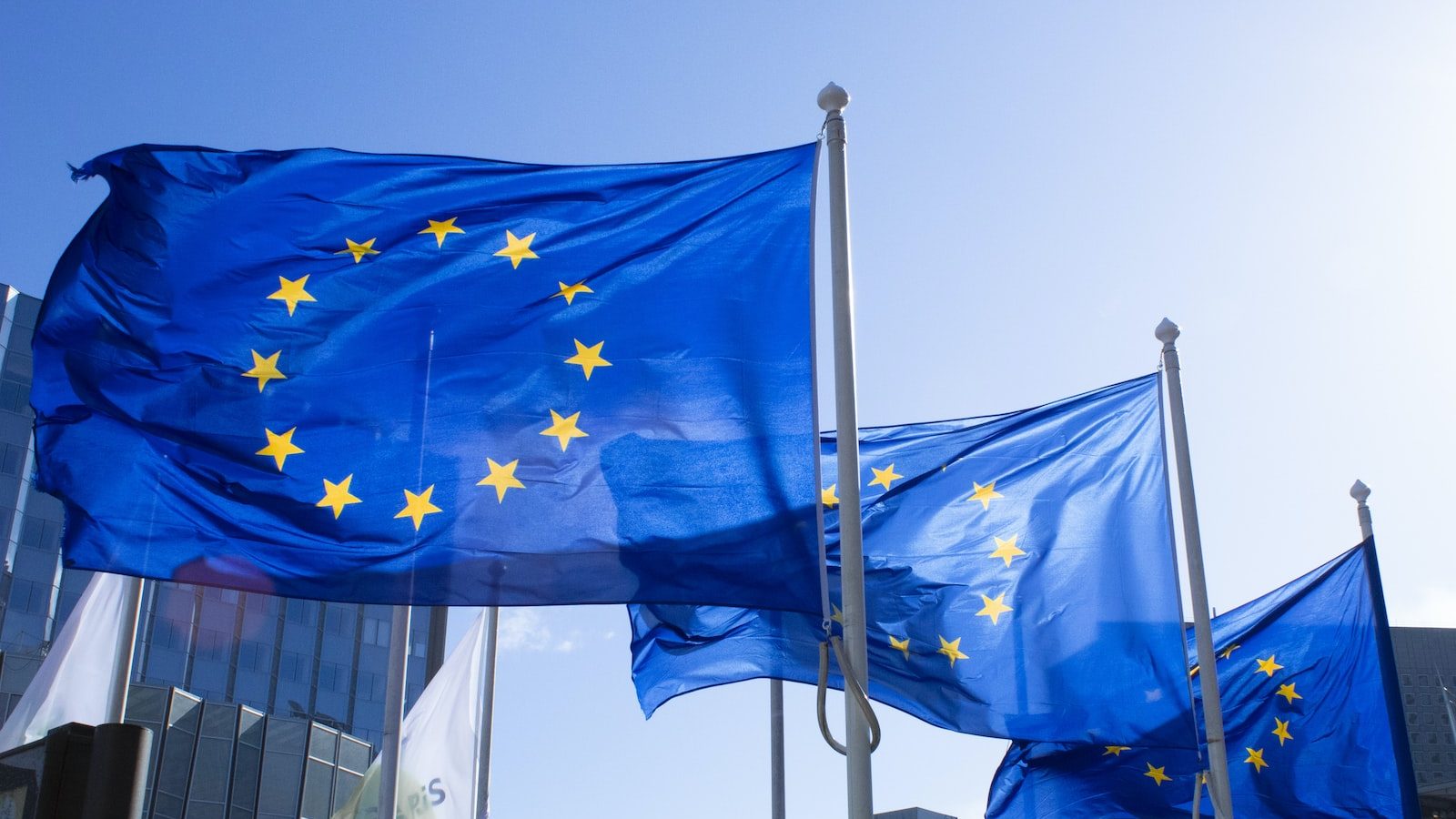Overview
Despite a considerable investment in vaccine supply and delivery in the past decades, many children still miss out on basic childhood vaccines. Routine vaccine coverage rates continue to vary substantially between and within countries in the Europe and Central Asia region, from as high as 99 per cent to as low as 50 percent.
To help address this challenge, the UNICEF Regional Office for Europe and Central Asia (UNICEF ECARO) and the VCP worked in partnership to better understand the impact of social media – including anti-immunization movements – on caregivers’ attitudes, beliefs, trust, immunization intention and uptake. The research also explored which social media approaches, tools and campaigns have been effective in promoting immunization and addressing vaccine hesitancy and anti-immunization narratives.
Process
This work was part of a broader initiative to strengthen the capacity of key stakeholders in the Europe and Central Asia region to design, implement and evaluate social media interventions to address vaccine hesitancy.
This included the co-development of social media listening and engagement tools to map and monitor conversations around immunization, and the translation of these social media listening insights into a novel, data-driven social media campaign, with the aim of influencing vaccine attitudes towards positive actions and engagement, and to contribute to an increase in vaccine uptake across the region.
The VCP and UNICEF ECARO also worked with Real Chemistry developed an accompanying social media listening and engagement toolkit, to serve as a practical learning guide and tool to support those involved in communicating about and delivering routine immunisation programmes with the process of developing a social media listening system. It also provides guidance on how to leverage insights from social media listening to shape campaign strategy, development and implementation, including persona analysis and material development, audience targeting, campaign optimisation, community management and performance measurement.
Developing the campaign and social media listening and engagement toolkit
Audience insights were first derived from social media listening reports based on analysis of Twitter data from the various countries in the ECARO region.
Real Chemistry then developed initial ‘digital personas’ by analysing the evidence of online conversation and interaction with online immunisation content contained in the reports. The personas were then broken down further by demographic characteristics and made more distinct and actionable by applying a process of consolidation to draw out motivations, barriers and key drivers for immunisation. The final four personas* were:
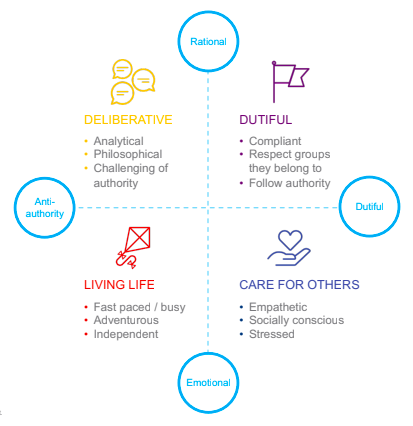
Source: the VCP, UNICEF ECARO. UNICEF Social media listening and engagement toolkit: Building confidence in routine immunization. 2022.
Principal personas were identified for each country and choices were tested and refined through consultation and review by country teams.
Real Chemistry’s content writer used the insights with regards to motivations and drivers as a basis for developing positive key messages for each digital persona, and to recommend messengers who would be influential. All key messages were designed to either address a barrier to immunisation or re-emphasise the known drivers of immunisation.
These persona-specific messages were then used to inform a brief for Real Chemistry’s creative team to concept routes for the campaign materials. These routes were then developed through an iterative process between the UNICEF ECARO regional office, selected country offices and the research team in London; two of the routes were ruled out, then, after a further round of development, the final route was chosen. Ultimately, the illustration-based route made the final cut, introducing ‘The Silent Protector.’
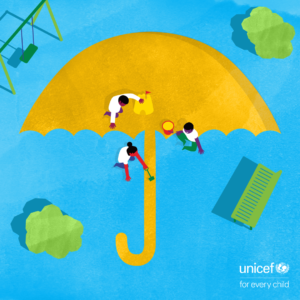
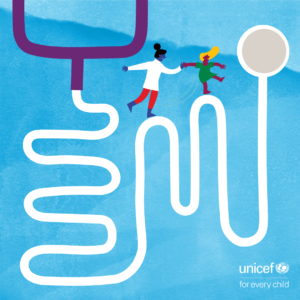
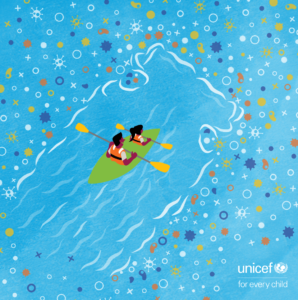
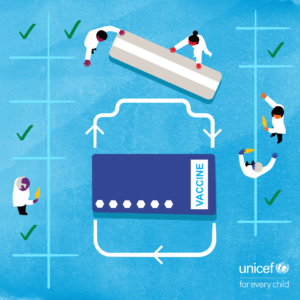
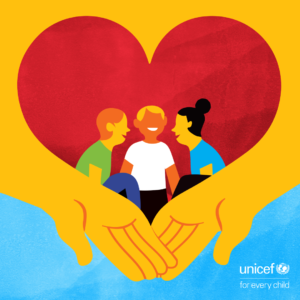
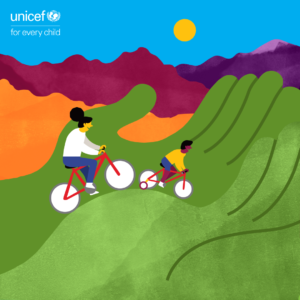
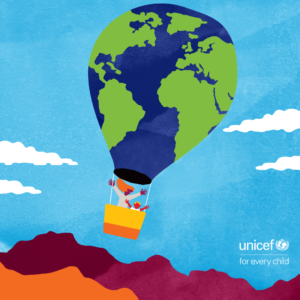
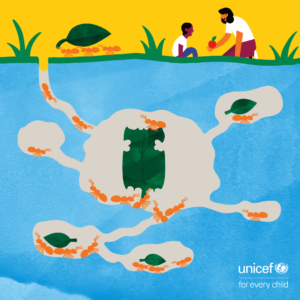
Real Chemistry then performed a landscape analysis of social channel user-ship in the ECARO region, to determine the most relevant channels through which to disseminate the content, as well as best practices for running and managing the campaigns at the country-level.
These best practices were then applied to the campaign creative to ensure that all formats, lengths, sizes, colours, hashtags, etc were optimised for maximum impact, and to ensure accessibility. This included applying animation to some of the graphics as the landscape analysis suggested that moving gfx could potentially drive a higher engagement rate.
Finally, the social media listening and engagement toolkit was created, and the campaign was embedded into it to illustrate the process and empower users to run the campaign in their own countries.
Country teams led the process of translating and adapting the materials to fit their specific local contexts and communications needs before launching the campaigns.
